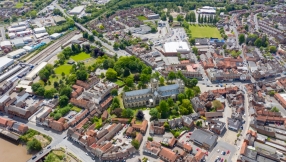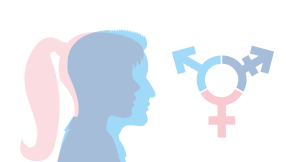UK Grants Human Cloning License to Dolly Scientist
Therapeutic cloning does not involve creating cloned babies, but cloned embryos. Scientists will yield the stem cells from the young embryos. As stem cells are the master cells of the body, they can be further developed to form any desired cell type to treat a wide range of incurable diseases. The embryo, however will die after the extraction of stem cells.
Many scientists hail the success of Dr Wilmut’s research and say that it could revolutionise the future treatment of muscle-wasting illnesses, which afflict approximately 350,000 people worldwide and kills about 100,000 people a year. However, many fear that it may become a fuel to the current sliding slope of medical ethics.
Pro-lifers, faith groups and other biological conservatives promote the the need for the highest respect to be given to human life, and they believe that life starts from the embryo.
In fact, this is the second license for human cloning issued by the Human Fertilisation and Embryology Authority (HFEA) in the UK. Last August, the authority gave scientists from the University of Newcastle the green light to clone human embryos in a bid to find a cure for Alzheimer's, Parkinson's and diabetes.
Despite the strong opposition, the UK has gone ahead with another license. The new license has stirred fresh controversy over the issue in Britain.
Dr Wilmut spoke at Edinburgh yesterday, saying the aim of the research was to generate stem cells for research purposes and there will be no reproductive cloning. He pledged, eggs will not be allowed to grow beyond 14 days and the remaining cells will be destroyed. He also denied he was "playing God".
However, Julia Millington of the London-based ProLife Alliance said to Associated Press, "Are we supposed to be appeased by Professor Wilmut's declarations that the human embryos will be destroyed after experimentation and that his team has no intention of producing cloned babies?" she continued.
"All human cloning is intrinsically wrong and should be outlawed. However, the creation of cloned human embryos destined for experimentation and subsequent destruction is particularly abhorrent," she continued.
The legalisation of cloning varies greatly all over the world. Last October, a UN General Assembly committee representing 191 nations was scheduled to openly debate the drafting of a treaty on human cloning. However, the discussion has been postponed until February 2005 due to the complicated arguments of different countries.
Currently, the United States and Costa Rica are leading a bid to ban all forms of cloning, while Belgium is heading a faction that wants to allow it.
Dr Donald Bruce, of the Church of Scotland's Society Religion and Technology Project, claimed cloned embryo research should be outlawed until the UN introduces a global ban on reproductive human cloning.













